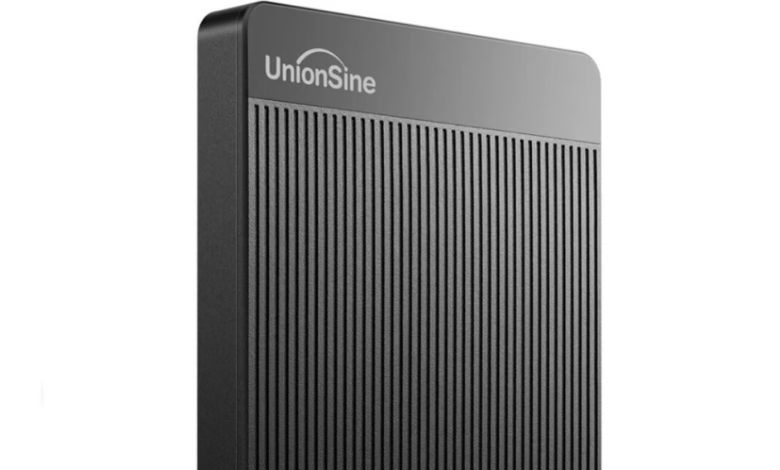$28 500GB HDD Tested: Shocking Results by Data-Recovery Experts

▼ Summary
– Fraudulent or misleading storage devices are still prevalent in online marketplaces, often sold at suspiciously low prices by unknown brands.
– Secure Data Recovery tested a $28 UnionSine 500GB HDD from Amazon and found its performance better than expected, though still flawed.
– The drive contained a 9-year-old Toshiba HDD, suggesting it was likely refurbished or repurposed.
– Despite meeting basic performance claims, the drive’s real-world speeds were worse than advertised, a common issue with such products.
– Scams involving fake storage devices, like flash drives disguised as SSDs or HDDs, remain a widespread problem in online sales.
Bargain storage devices often raise red flags, but a recent test of a suspiciously cheap $28 500GB hard drive delivered unexpected results. While data recovery experts anticipated potential fraud, the UnionSine HD2510 performed better than predicted, though it still comes with significant caveats buyers should consider.
Secure Data Recovery purchased the external HDD from Amazon to evaluate its legitimacy, given the alarmingly low price of roughly $0.06 per GB. Kirill Rymko, the firm’s lab operations director, admitted skepticism, citing frequent scams involving counterfeit storage devices. Some sellers disguise flash drives as SSDs or HDDs, while others mislabel microSD cards with absurd capacities like 16TB.
Surprisingly, the UnionSine drive largely met its advertised specs. Benchmark tests revealed read and write speeds typical for a 5,400 RPM mechanical drive, though real-world performance fell slightly short of manufacturer claims. Opening the enclosure uncovered a Toshiba MQ01ABD050V drive from 2016, confirming it wasn’t counterfeit, just outdated.
While the drive functioned adequately, its nine-year-old internal hardware raises concerns about longevity and reliability. Bargain hunters might save money upfront, but older components increase the risk of premature failure. For critical data storage, investing in newer, verified hardware remains the safer choice.
The test highlights an important lesson: not all cheap storage is fraudulent, but hidden compromises often lurk beneath the surface. Buyers should weigh cost savings against potential risks, especially when dealing with unknown brands or unusually low prices.
(Source: Ars Technica)